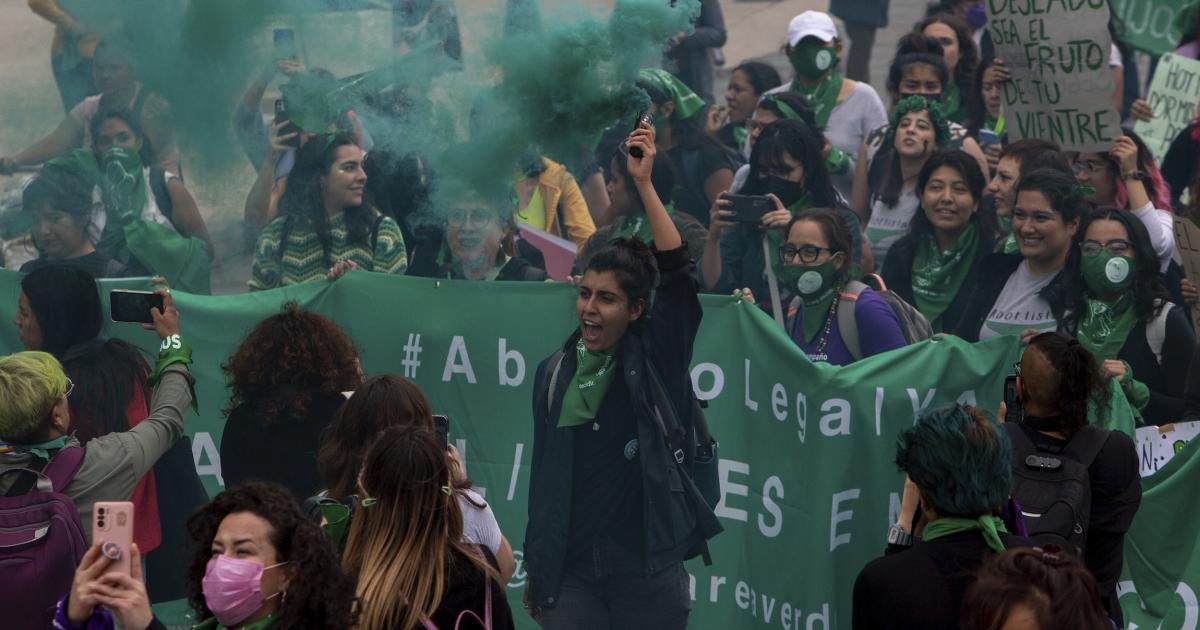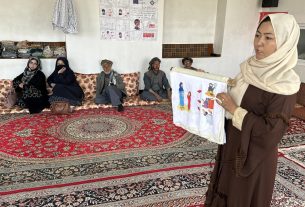On August 30, Mexico’s Supreme Court decriminalized abortion in Aguascalientes state, making it the 12th Mexican state to remove criminal penalties for abortion. The move towards decriminalization in Mexico began in 2007 when Mexico City passed the country’s first abortion decriminalization law. It took 12 years for a second state, Oaxaca, to follow. While progress for a time seemed slow, 10 more states have decriminalized abortion in the last 3 years. This positive shift is largely thanks to the vision and perseverance of Mexican civil society.
While most states decriminalized abortion through changes in local legislation, Aguascalientes, as well as Coahuila states, are different in that the change came through a Supreme Court ruling. Five civil society organizations – GIRE, CECADEC, Cultivando Género, Morras Help Morras, and TERFU A.C. – challenged the abortion prohibition in Aguascalientes’ criminal code. The Supreme Court found that the prohibition violated the right to reproductive autonomy, the right to health, and the right to equality and nondiscrimination, among other rights, and confirmed the state´s obligation to provide abortion services.
Such litigation efforts are time-consuming – among other reasons, because each state’s laws have to be challenged one by one – but the successful challenges to the laws in Aguascalientes and Coahuila are important precedents. As the five organizations who brought the legal challenge note, “This achievement brings us closer to the decriminalization of abortion throughout the country.”
The Supreme Court´s ruling invalidates the portion of the state´s criminal code that criminalizes self-induced or consensual abortion and reiterates that no woman or person with gestational capacity, or health personnel can be prosecuted for abortion.
This ruling also reminds us of the importance of an independent judiciary in safeguarding rights and the collaboration between local and national civil society groups in bringing these victories. The Mexican “green tide,” as part of a bigger Latin American movement, illustrates the powerful impact of this coordination. This feminist force rejects authoritarianism, defends democracy, demands rights, and denounces abuses and violence against women and girls around the world.
Aguascalientes now has the important task of not only modifying its criminal code, but also of strengthening health services to guarantee access to abortion services for everyone.



